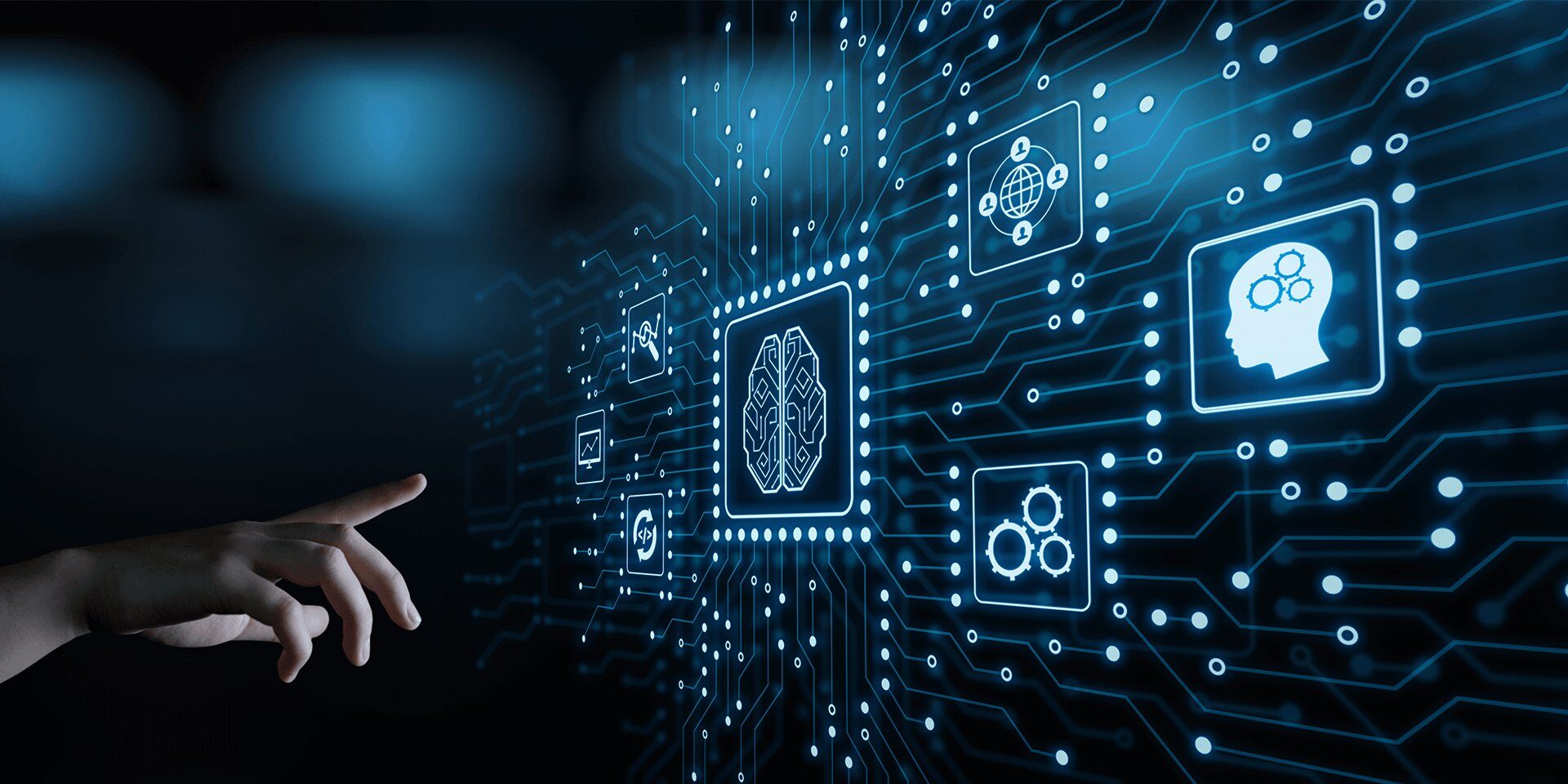Robotic Process Automation (RPA) & Artificial Intelligence (AI) have gained rapid popularity in the last few decades. For the majority of organizations across the world, automation of routine tasks has become second nature. However, to drive intelligent automation or hyperautomation, RPA needs to be coupled with AI to help make decisions similar to humans. Hyperautomation tools can take cognitive, data-driven decisions and transform business processes. Gartner touts hyperautomation as the top strategic technology trend of 2020.
But how can RPA and AI help with legacy modernization? Read on to find out.
Legacy systems refer to archaic software or infrastructure components used as part of an organization’s essential needs. Traditional enterprises often have customized processes and systems that serve as the backbone of their business functions and usually have a lot of mission-critical data in them. Over time, these systems become outdated and in dire need of upgrades.
Failing to modernize legacy systems often slows down business processes and increases maintenance and support costs. However, organizations are often reluctant to modernize these systems, since replacing these archaic components with cutting-edge systems may be a costly and time-consuming process.

How RPA-AI can help in modernizing legacy systems
Transformed workflows: Hyperautomation tools can help streamline daily workflows in an organization. For example, an AI-enabled RPA tool can parse thousands of emails, process the data, and sort them into invoices, resumes, etc.
Faster solutions: Implementing intelligent automation in an organization is a relatively quick process. It requires a shorter implementation time when compared to conventional methods of modernization. It does not require complex code rewriting, or program interfaces, and can be deployed and integrated into an organization seamlessly.
Secure systems: Often, legacy modernization is outsourced to optimize costs. However, with this approach, the security of the data tends to be weak and exposed to vulnerabilities. Intelligent automation ensures that all business-critical data remains safe and secure.
Cost-optimized solutions: Traditional legacy systems are often too expensive to replace and, in many cases, require specialized engineers to migrate to the modernized systems securely. This would increase the overall cost of modernization. On the other hand, adopting intelligent automation tools is extremely affordable and can be easily implemented without causing any disruption within existing systems.
Reduced redundancy: Hyperautomation tools can intelligently handle and process large volumes of data with a near-zero error rate. This helps reduce human errors and increase efficiency while performing routine tasks.
Hyperautomation tools undoubtedly offer great potential for enterprises to modernize their legacy systems and gain a competitive advantage. It helps improve overall business efficiency, reduces maintenance costs, and makes it easy to scale or integrate newer processes. However, choosing the right hyperautomation partner is key to ensuring success.
Netlabs provides intelligent automation services that help our clients focus on their business transformation journeys. Explore our services and solutions to know more.





